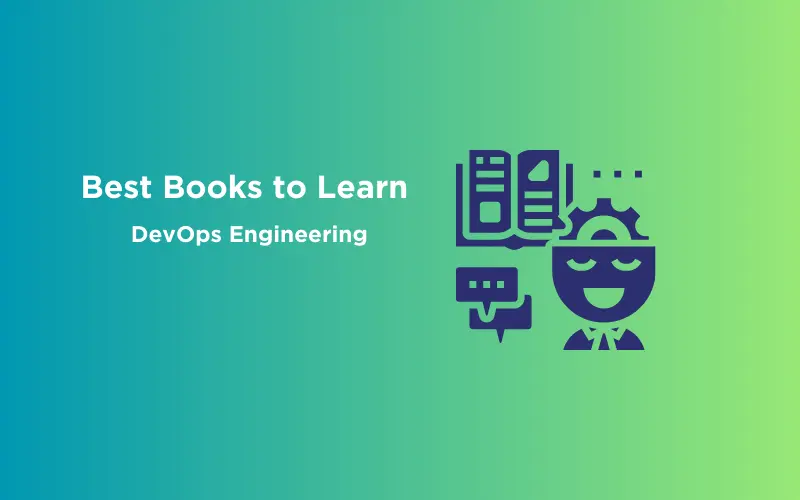
In the world of making computer programs and apps, DevOps engineering is like teamwork that helps things work smoothly. DevOps combines the work of people who create the software (Dev) with the people who make sure it runs well (Ops). This teamwork makes software creation faster and better.
Books are really helpful to learn about DevOps. They explain the ideas and methods in detail. They also show real examples, helping beginners and experts understand how DevOps works. In this blog, we’ll look at some of the best books that teach DevOps. These books are guides showing how DevOps works and how to use it in real life. They’re great tools for learning DevOps engineering!
Table of contents
- I. "The Phoenix Project" by Gene Kim, Kevin Behr, and George Spafford for DevOps Engineering
- II. "The DevOps Handbook" by Gene Kim, Patrick Debois, John Willis, and Jez Humble for DevOps Engineering
- III. "Continuous Delivery" by Jez Humble and David Farley for DevOps Engineering
- IV. "Site Reliability Engineering" by Niall Richard Murphy, Betsy Beyer, Chris Jones, and Jennifer Petoff for DevOps Engineering
- V. "Accelerate: The Science of Lean Software and DevOps" by Nicole Forsgren, Jez Humble, and Gene Kim for DevOps Engineering
- Conclusion
- FAQs
- What makes "The Phoenix Project" a recommended book for learning DevOps?
- How does "The DevOps Handbook" differ from other resources in teaching DevOps principles?
- What sets "Accelerate: The Science of Lean Software and DevOps" apart from other books for mastering DevOps practices?
I. “The Phoenix Project” by Gene Kim, Kevin Behr, and George Spafford for DevOps Engineering
“The Phoenix Project” by Gene Kim, Kevin Behr, and George Spafford is a captivating book that uniquely introduces DevOps concepts. It’s not your typical technical guide; instead, it’s a story that makes learning about DevOps interesting and relatable.
Before we move to the next part, you should have a deeper knowledge of DevOps concepts. You can consider enrolling yourself in GUVI’s DevOps Course, which lets you gain practical experience by developing real-world projects and covers technologies including Agile, Scrum, Linux, Git, Bash Scripting, Dockers, Containers, AWS infrastructure, etc. Additionally, if you would like to explore AWS Infrastructure through a Self-paced course, try GUVI’s AWS Infrastructure certification course.
This book follows the journey of an IT manager, Bill, who is tasked with rescuing a troubled IT project, code-named the “Phoenix Project.” As the story unfolds, readers are taken on a narrative that mirrors the challenges faced by many organizations. Through the characters’ experiences and problem-solving, the book covers essential DevOps principles in a very engaging manner.
Key concepts explored in “The Phoenix Project” include understanding DevOps principles, the importance of system thinking, and what the authors refer to as the “Three Ways”:
- The First Way: Understanding the flow of work from development to operations and the importance of collaboration.
- The Second Way is focusing on feedback loops, enabling quick identification and resolution of issues.
- The Third Way: Encouraging a culture of continual experimentation and improvement.
The authors ingeniously embed these concepts within the story, allowing readers to see the real-world application of DevOps principles in action. The challenges faced by the characters, their solutions, and the transformation they bring to their organization make the book relatable and the concepts easy to grasp.
This book is a must-read for anyone interested in DevOps engineering, whether you’re a beginner looking to understand the basics or a seasoned professional aiming to reinforce your knowledge more engagingly.
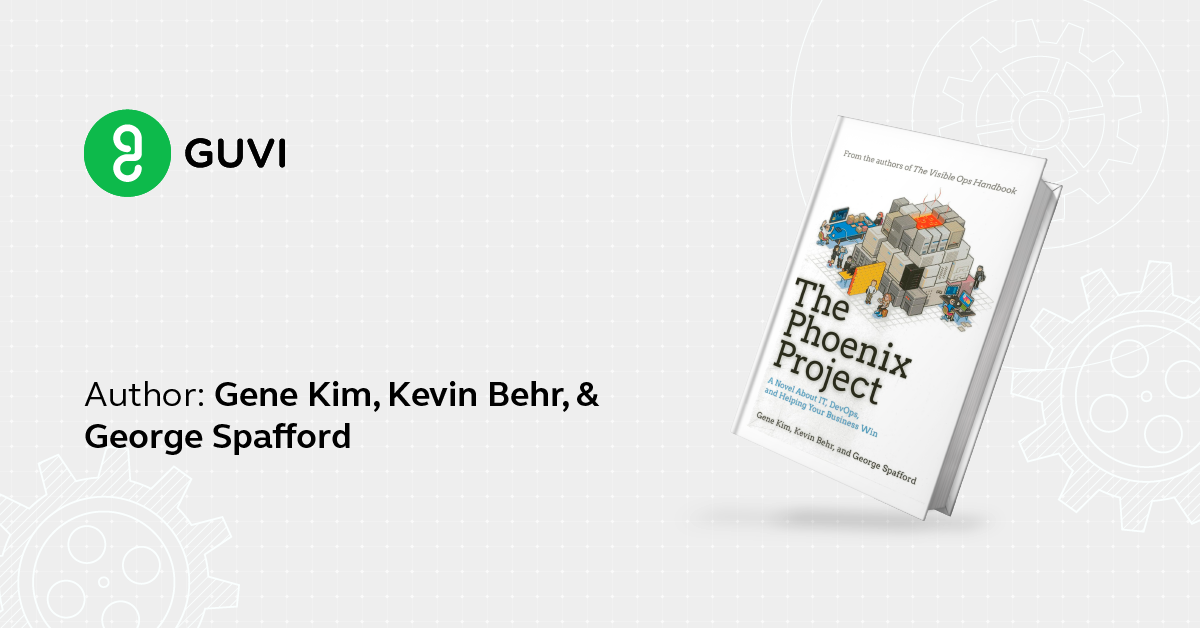
II. “The DevOps Handbook” by Gene Kim, Patrick Debois, John Willis, and Jez Humble for DevOps Engineering
“The DevOps Handbook” by Gene Kim, Patrick Debois, John Willis, and Jez Humble is a comprehensive guide that gets deeply into DevOps principles, practices, and cultural philosophies. This book is a treasure trove for anyone seeking a detailed understanding of how DevOps engineering can transform organizational practices.
It offers extensive guidance on implementing DevOps engineering, covering both technical and cultural aspects. Readers can expect a meticulous breakdown of various practices and tools that can be adopted to enhance collaboration, streamline workflows, and foster a culture of continuous improvement.
This handbook doesn’t just focus on theory. It goes beyond by providing case studies and practical examples that illustrate how DevOps principles have been applied in real-world scenarios. These case studies help readers connect theoretical concepts to practical implementation, making it easier to comprehend and apply the knowledge in their own work environments.
This book is an essential resource for both beginners and experienced professionals in the field of DevOps engineering.
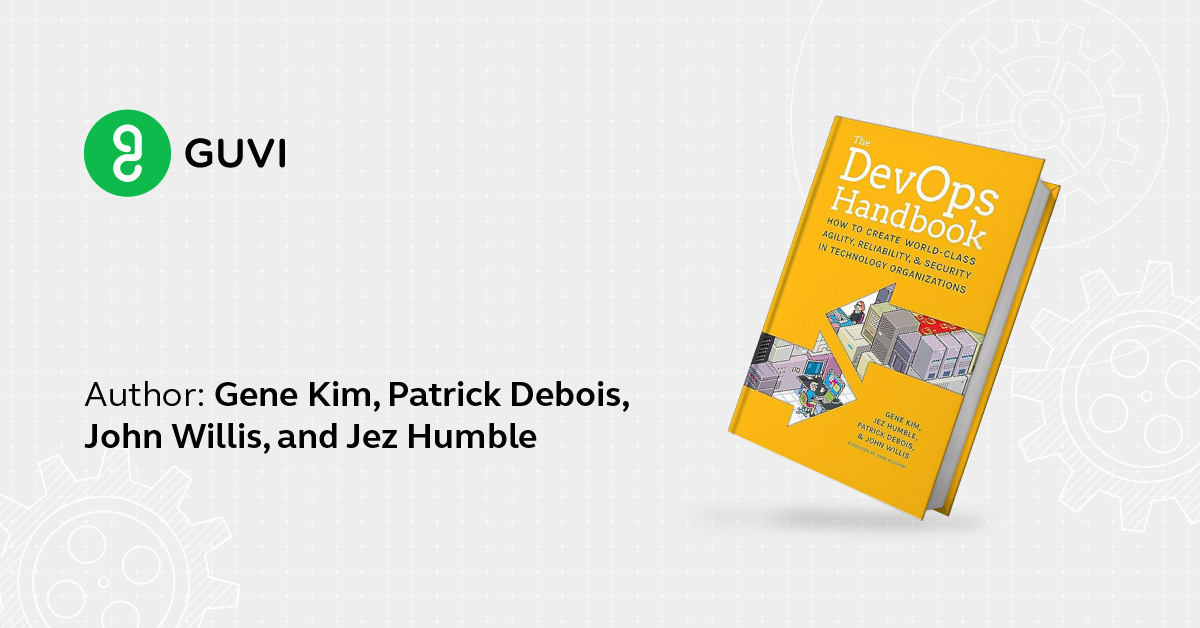
III. “Continuous Delivery” by Jez Humble and David Farley for DevOps Engineering
“Continuous Delivery” by Jez Humble and David Farley is a definitive guide centered around the principles of continuous delivery and deployment pipelines, offering invaluable insights into best practices for software building, deployment, and testing.
This book deeply explores the significance of automation techniques in ensuring the speed and reliability of software delivery. It meticulously details how automation, when applied correctly, can significantly enhance the efficiency and consistency of the software release process.
The authors highlight various methods and strategies that aid in building effective deployment pipelines, ensuring that software moves swiftly from development to production, all while maintaining high standards of quality and reliability.
For anyone interested in learning about continuous delivery, this book is a must-read.
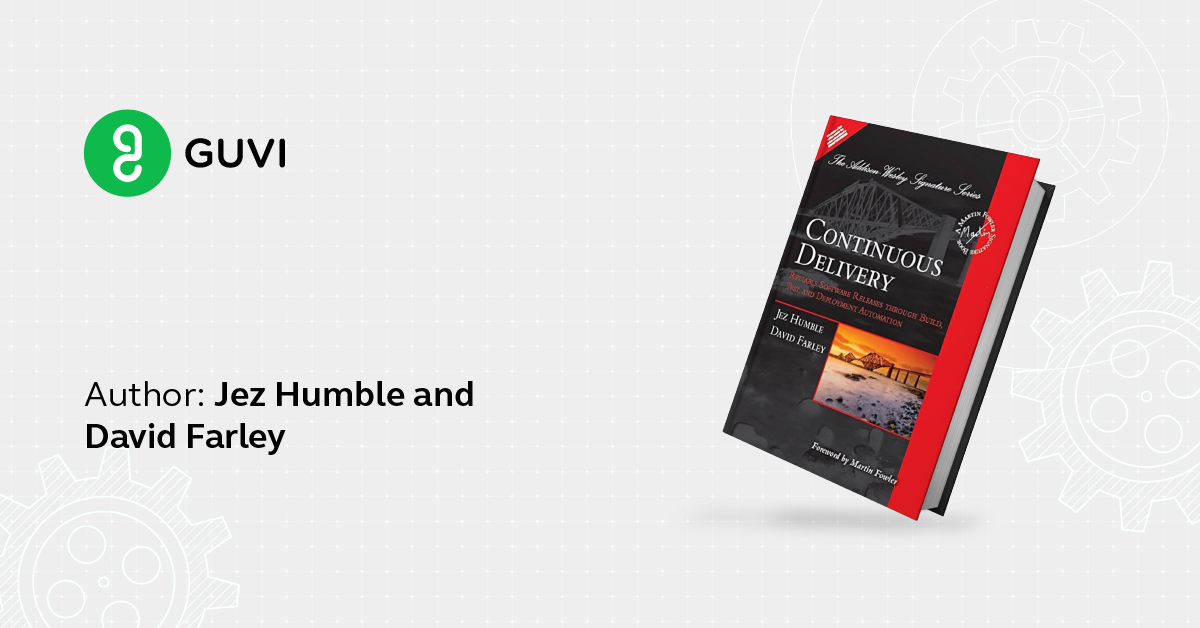
IV. “Site Reliability Engineering” by Niall Richard Murphy, Betsy Beyer, Chris Jones, and Jennifer Petoff for DevOps Engineering
“Site Reliability Engineering” by Niall Richard Murphy, Betsy Beyer, Chris Jones, and Jennifer Petoff is a comprehensive book introducing the core principles of Site Reliability Engineering (SRE). It’s an essential resource for understanding how to manage large-scale systems and uphold reliability in complex production environments.
This book provides an insightful introduction to SRE principles, which focus on the intersection of software engineering and operational tasks. It emphasizes building and maintaining highly reliable systems and services, particularly at scale.
One of the key highlights of this book is its inclusion of case studies and insights drawn from Google’s extensive experience and expertise in implementing SRE practices. Through real-world examples and experiences, readers gain a practical understanding of how these principles are applied and adapted within one of the tech industry’s leading companies.
For anyone interested in the field of SRE, whether beginners or seasoned professionals, “Site Reliability Engineering” is an invaluable guide. It offers a detailed overview of the principles, strategies, and practical experiences of a company renowned for its reliability and scalability.
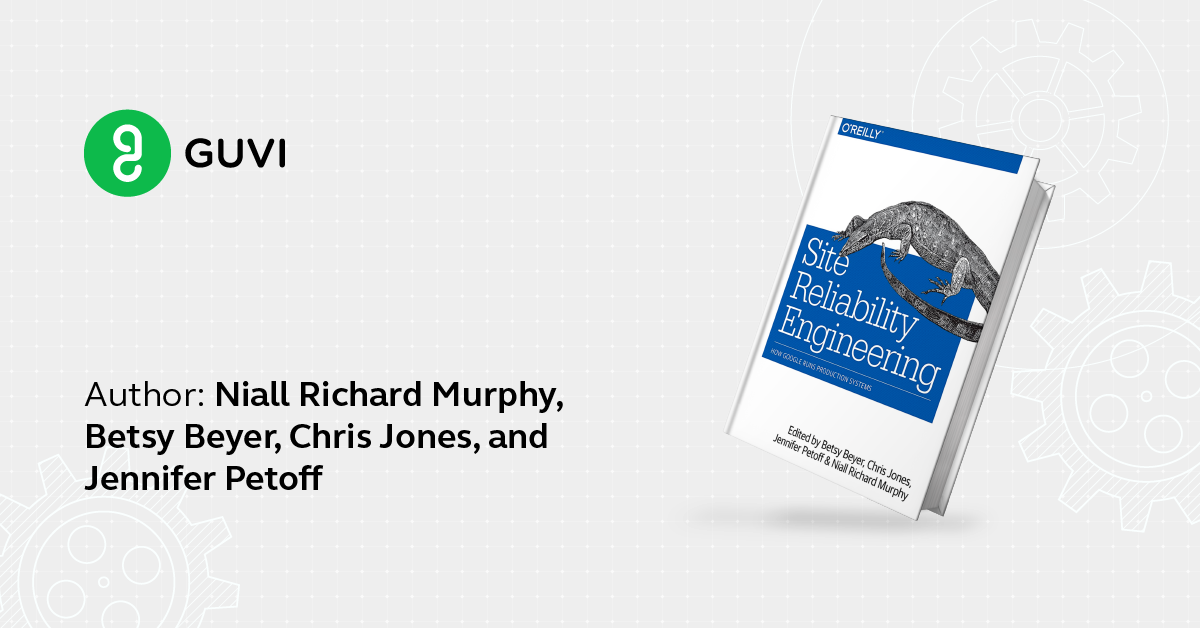
V. “Accelerate: The Science of Lean Software and DevOps” by Nicole Forsgren, Jez Humble, and Gene Kim for DevOps Engineering
“Accelerate: The Science of Lean Software and DevOps” by Nicole Forsgren, Jez Humble, and Gene Kim is a groundbreaking book that revolves around research-based insights and data-driven practices in DevOps engineering and software development.
This book meticulously unpacks the factors that contribute to high performance in software development, backed by empirical evidence and extensive research. It outlines strategies, methodologies, and best practices that have been proven to enhance software delivery performance based on solid, data-driven analysis.
For those seeking to understand the science behind successful software development practices, “Accelerate” is an invaluable resource. It offers evidence-based insights and practical guidance, empowering individuals and organizations to improve their software delivery performance.
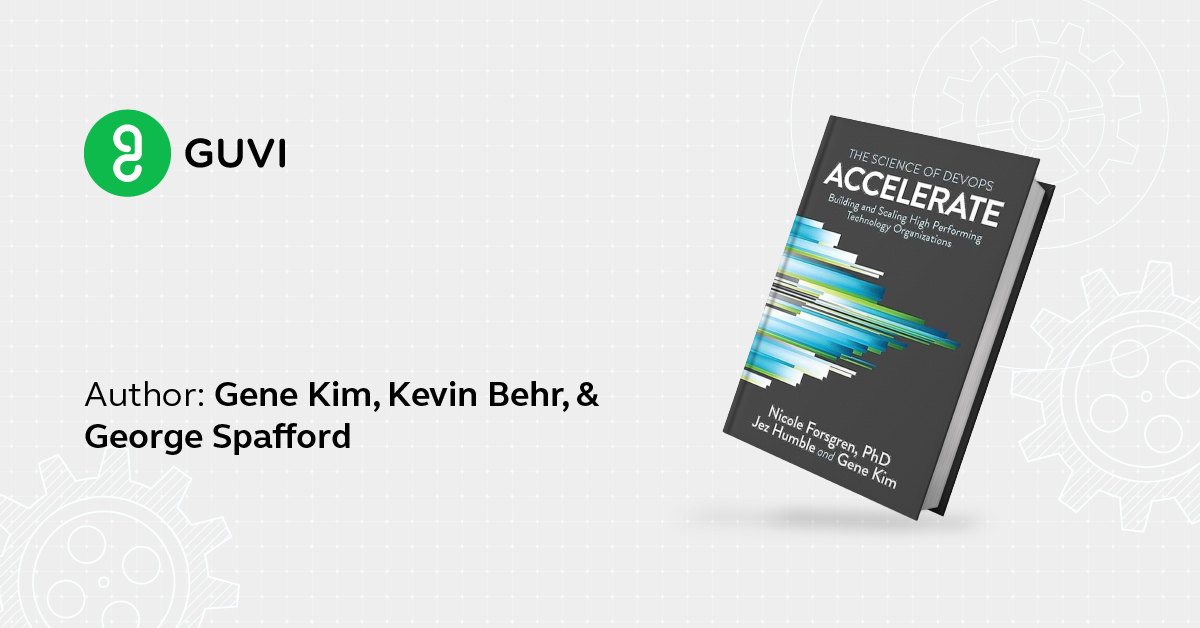
Kickstart your career by enrolling in GUVI’s DevOps Course where you will master technologies including Linux, Git, AWS, etc, and build interesting real-life DevOps projects.
Alternatively, if you want to explore AWS infrastructure through a Self-paced course, try GUVI’s AWS Infrastructure certification course.
Conclusion
These books have many ideas to help make software better and show different ways to do it. Learning from them is important. It’s all about taking steps to keep getting better at making software and working together. Keep learning and trying new things to make the software work even better!
FAQs
What makes “The Phoenix Project” a recommended book for learning DevOps?
“The Phoenix Project” is recommended because it creatively explains DevOps principles through a fictional narrative. It makes the concepts relatable by showing how a team tackles real-world problems in a story format, aiding understanding through engaging storytelling.
How does “The DevOps Handbook” differ from other resources in teaching DevOps principles?
“The DevOps Handbook” stands out for its detailed guidance on implementing DevOps, covering both technical and cultural aspects extensively. Unlike other resources, it provides comprehensive insights and real case studies that offer a practical understanding of DevOps principles in action.
What sets “Accelerate: The Science of Lean Software and DevOps” apart from other books for mastering DevOps practices?
“Accelerate” stands out by providing research-based insights and empirical evidence, which is unique compared to many other books. It goes beyond theory and offers scientifically proven strategies for improving software delivery performance, making it a valuable resource for evidence-backed learning in DevOps engineering.

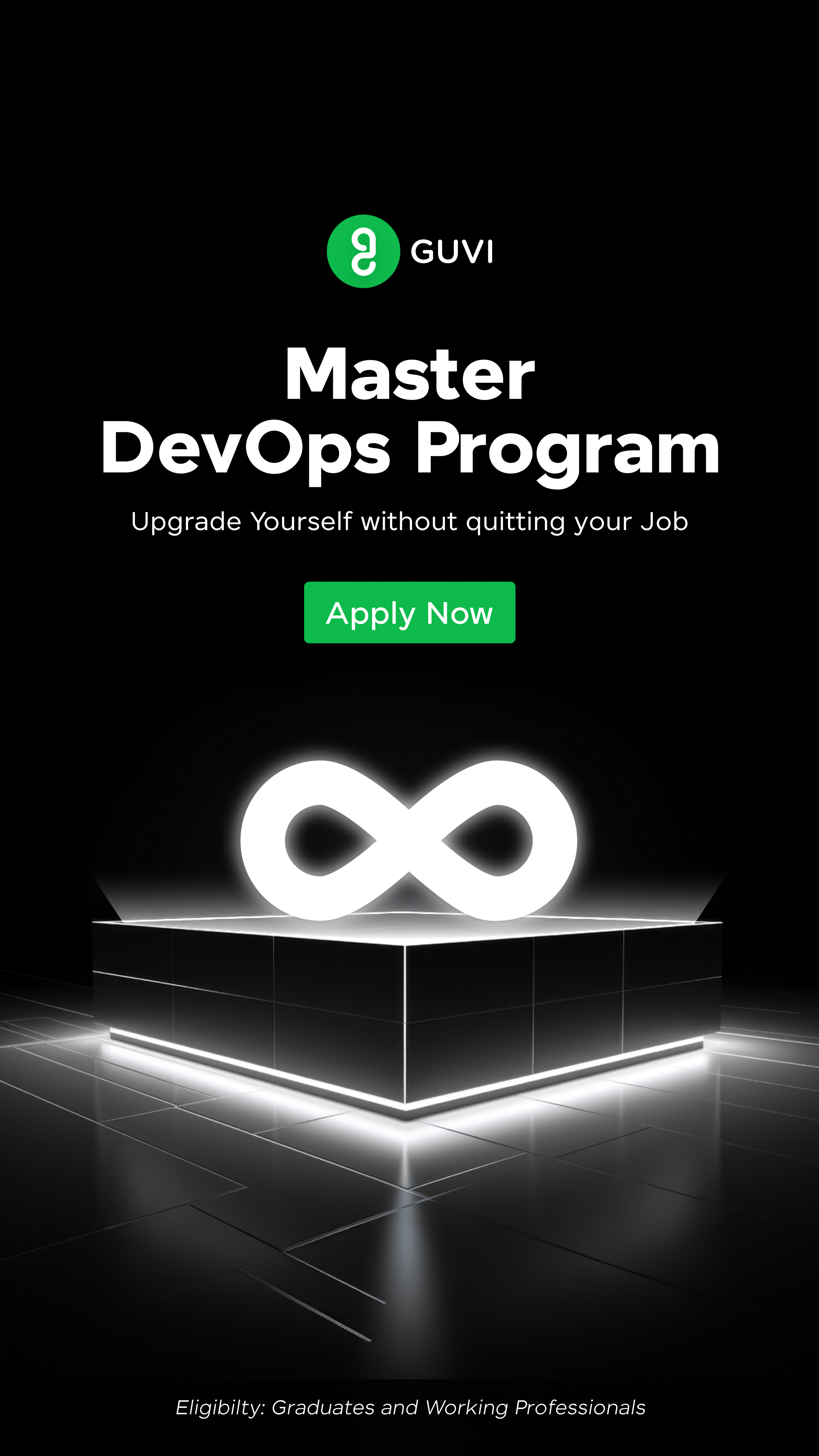


















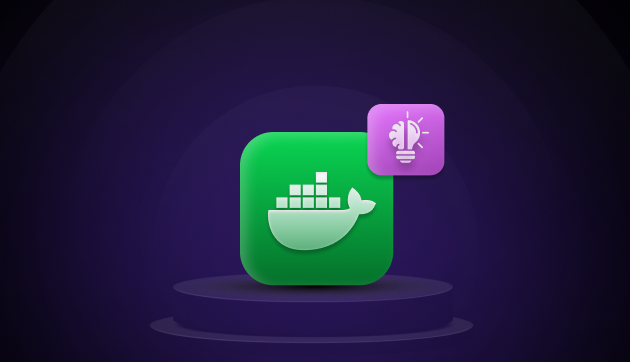
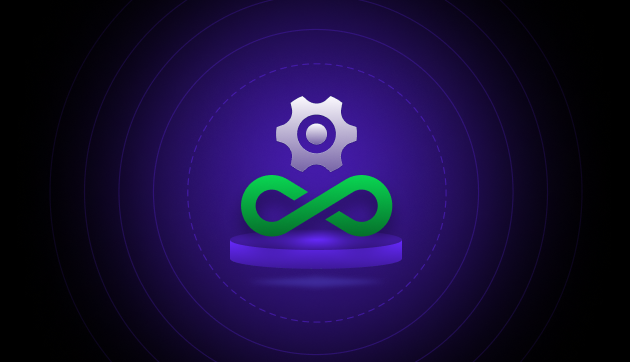
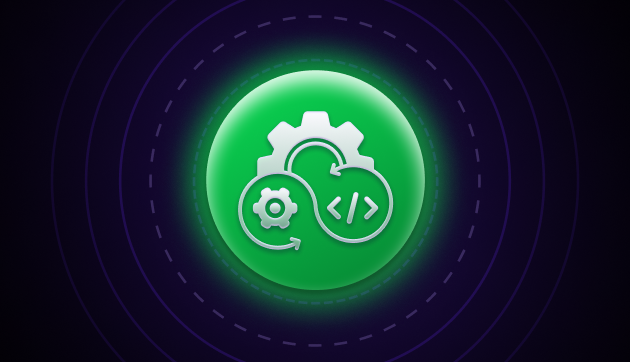
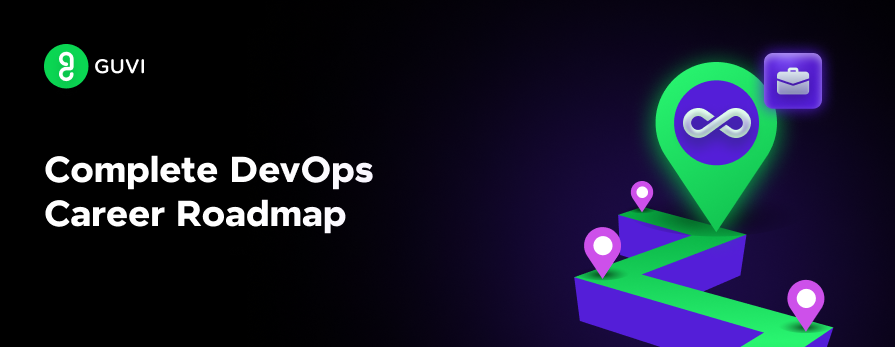
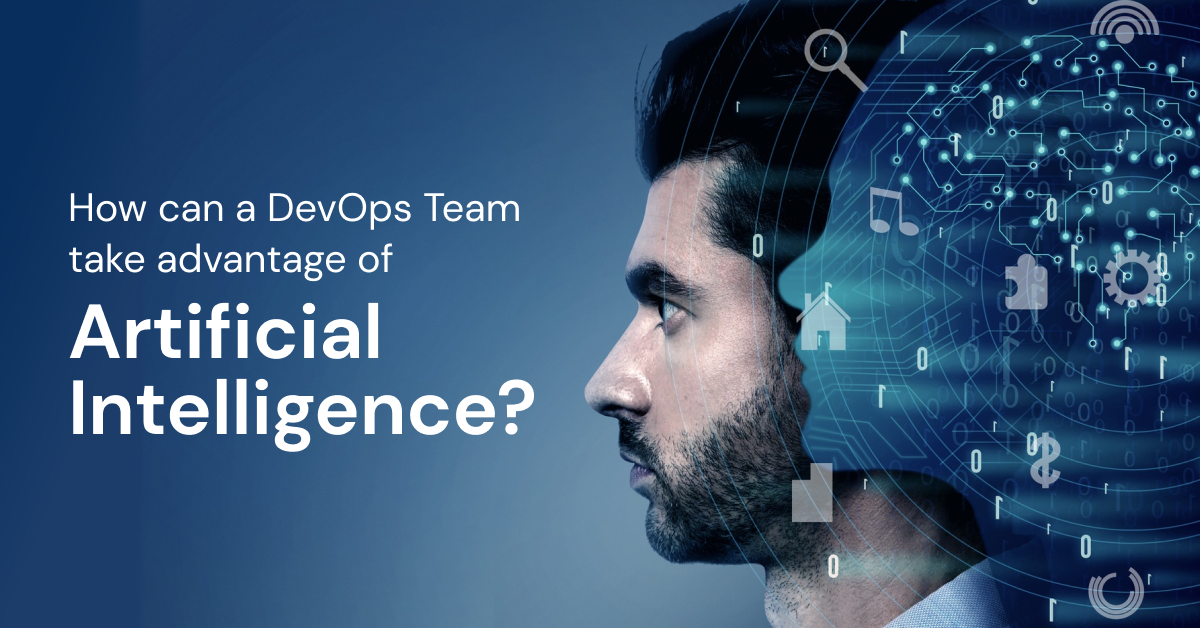


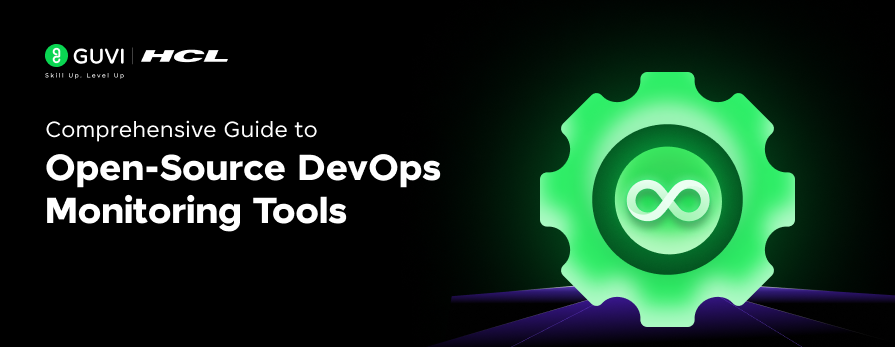
![Top High-Paying Non-Coding Jobs in DevOps [2024] 12 Non-Coding Jobs in DevOps](https://www.guvi.in/blog/wp-content/uploads/2023/11/Top-10-Non-Coding-Jobs-in-DevOps.png)
Did you enjoy this article?